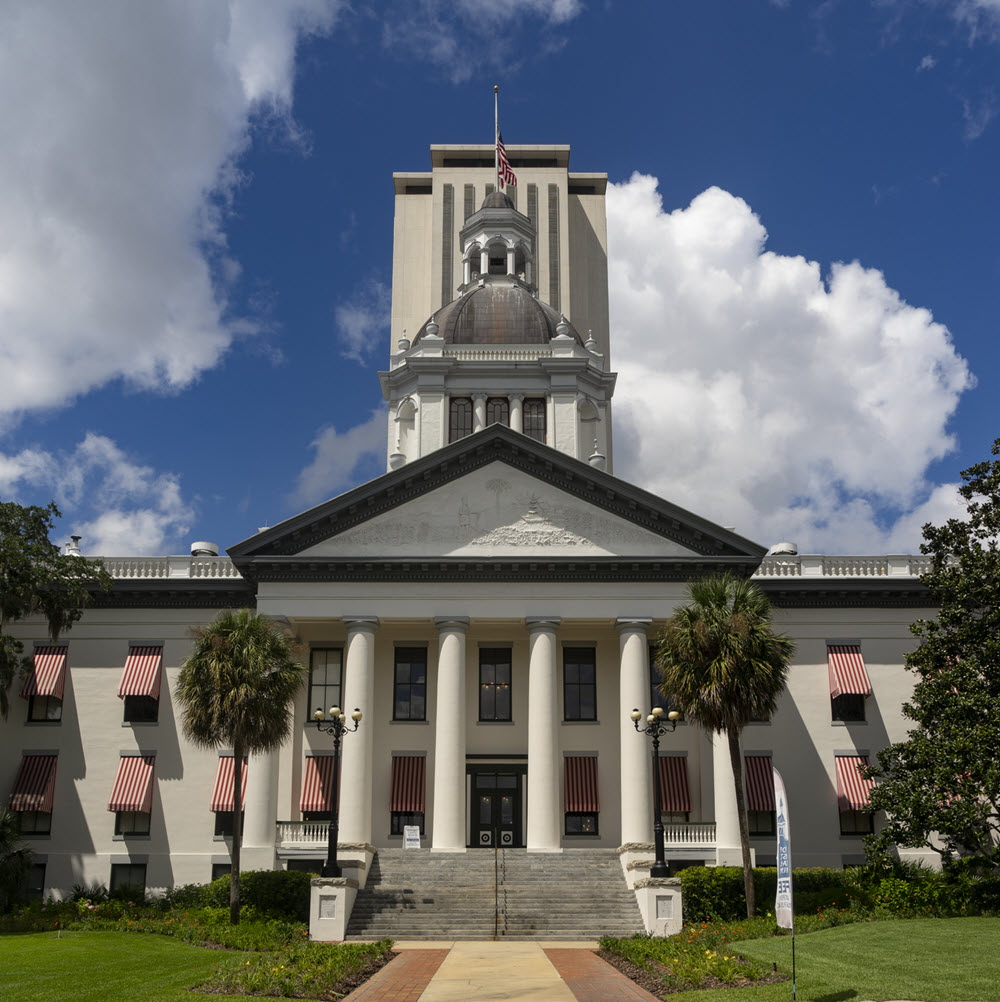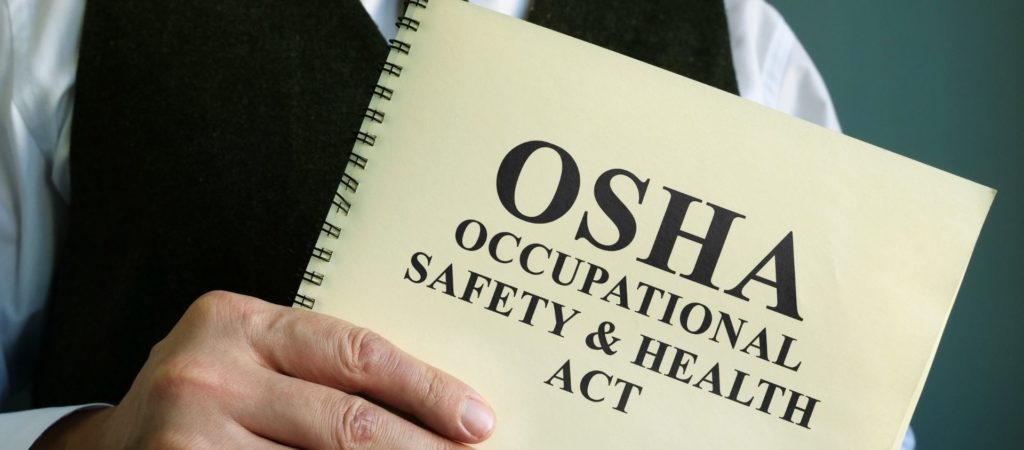Proposed Legislative Changes to 558 & the Statute of Repose
America’s Founders in 1776 desired change – change in their government and the laws affecting them and their businesses. They used the power of the pen to craft a representative government where positive change could be made by those willing to serve at the forefront of issues facing their community.
Construction is our community, and we have always served at the forefront of positive change, particularly legislative change. Our legal professionals serve on and participate in legislative committees of the Florida Bar and the major construction trade associations, such as Florida Homebuilders Association and Associated Builders and Contractors.
We are a part of the bill drafting process and speak with legislators and their staff about important issues affecting the construction industry. We do not sit on the sidelines, complain about the process, and wait for a response; we go on the offensive to take action.
Desperate for Change | Senate Bill SB 736
On November 2, 2021, Senator Hutson from District 7 filed a Senate bill known as SB 736. This bill can bring much needed change to the Construction industry as follows:
Amends 95.11
- Amends § 95.11(3)(c) Fla. Stat. to eliminate the extended (or tolling) statute of limitations for actions founded on the design, planning, or construction of an improvement to real property based upon latent defects and eliminates the 10-year statute of repose.
- Under the current statute, when the action involves a latent construction defect, the time runs from the time the defect is discovered or should have been discovered with the exercise of due diligence.
- The current statute includes a 10-year statute of repose such that the action must be commenced within 10 years after the date of actual possession by the owner, the date of the issuance of a certificate of occupancy, the date of abandonment of construction if not completed, or the date of completion of the contract or termination of the contract between the professional engineer, registered architect, or licensed contractor and his or her employer, whichever date is latest.
- This proposed revision eliminates the 10-year period, effectively reducing the deadline to file a claim to 4 years.

AMENDS 558.004
Amends the Florida Construction Defects Statute, specifically § 558.004 Fla. Stat., by adding the following provisions:
Requires a claimant who rejects a settlement offer to include the reasons for rejecting the offer within the notice rejecting the offer. The claimant must identify any items that were omitted from the offer and state in detail all known reasons why the claimant believes the settlement offer is unreasonable.
Allows the person served with a notice of rejection of a settlement offer 15 days to make a supplemental offer and requires the claimant to serve a notice of rejection of this supplemental offer, including reasons for the rejection.
- Extends the court’s stay of any action until the supplemental process is concluded.
- Limits claimant’s right to recover attorney’s fees unless the claimant proves by a preponderance of the evidence that, at the time of the offer, additional repairs beyond those offered were necessary to remedy the defect. Also, the attorney’s fee limitation does not apply to any claim for attorney’s fees based on a contract between the claimant and the offeror.
- If a claimant accepts an offer or supplemental offer, the claimant must, within 90 days after the acceptance, enter into a contract with one or more appropriately licensed contractors to correct the construction defect(s). The offeror or insurer shall pay the contractor directly for said repairs and the repairs must be completed within 12 months after claimant enters into the contract with the contractor, unless the offeror or insurer and claimant mutually agree otherwise.
- Creates a new § 558.0045 Fla. Stat., which requires the court, in construction defect litigation, to appoint an expert (e.g. engineer, contractor, etc.) to examine the alleged defect. The court may not appoint an expert if all the parties object or if the court finds that the cost of the expert outweighs any potential benefits to resolution of the action. Within 15 days after conducting the examination, or otherwise determined by the court, the expert shall submit a written report with detailed findings to the court and to the parties. The parties shall compensate the expert, but the prevailing party is entitled to reimbursement from the non-prevailing party. The expert may not be employed to do the repairs.
- The claimant must repair a construction defect if claimant receives full compensation for such a repair. If a claimant receives full compensation and fails to repair the construction defect, claimant is liable to a purchaser of the property for any damages resulting from the failure to disclose the defect.
- Requires the claimant to serve a notice of claim for any construction defect, by certified mail, return receipt requested, on a mortgagee or assignee within 30 days after service of the notice of claim upon the contractor, subcontractor, supplier or design professional. If repairs relating to the defect are completed after notice to a mortgagee or assignee is provided, or if any settlement, partial settlement, arbitration award, or judgment is obtained by the claimant, the claimant must provide an additional notice to the mortgagee or assignee, by certified mail, return receipt requested, within 60 days after completion of the repairs or any settlement, partial settlement, arbitration award, or judgment, whichever is later.
What Happens if it passes?
If passed by the legislature, it is important to note these amendments are effective for any action commenced on or after July 1, 2022. However, with respect to any action that would not have been barred under § 95.11(3)(c) Fla. Stat., which is the discovery rule statute of limitations for latent construction defects or 10-year statute of repose, such an action must begin on or before July 1, 2023.
We are encouraged at Team Z, as we see the potential for positive change for our clients. SB 736 is a piece of that potential change, despite being only in its earliest form of a pre-filed bill. Every year, there are competing, and complimentary bills filed. This bill has to make it through the legislative process, as bills advance, modify, negotiate, or die in committee, on its journey to make it to the governor’s desk to be signed into law. Team Z will do all we can to stand for our clients and for their pursuit of happiness.
If you would like more information about the pending legislation, or what you can do to protect your construction company from construction defect claims, Zinzow Law is here to help. We protect those who Build America.


